11 Best Ways to Feed Your Heart
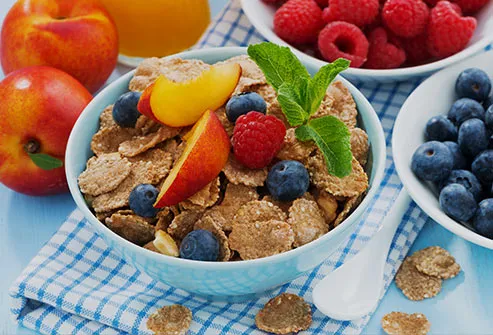
Oatmeal and bran cereals are a heart-healthy way to start your day. They've got soluble fiber, which helps lower your LDL 'bad' cholesterol.
Other good sources are beans and whole grains like barley. You can also get it as a supplement, like psyllium, but a diet that's got lots of fiber is best.
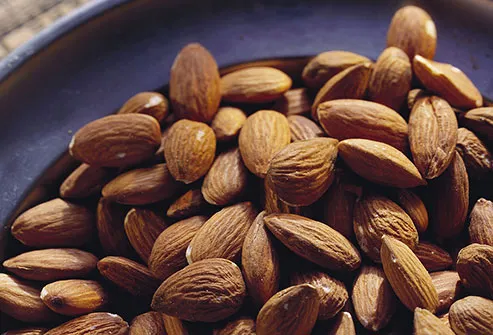
You find these nutrients in some fruits, veggies, nuts, and seeds. They block your body from absorbing cholesterol. Almonds, peanuts, olive oil, and Brussels sprouts are good choices.
Also look for foods that have sterols and stanols added in, like margarine, orange juice, and yogurt. Supplements could be a helpful way to lower your cholesterol, but check with your doctor.
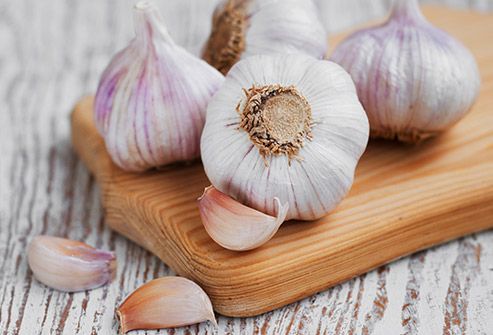
When you spice up your food, you might also protect your heart. People have used garlic as medicine for centuries, and studies on supplements show it may have benefits for your blood pressure and cholesterol levels. Talk to your doctor before you try any pills, since it may raise your risk of bleeding and interfere with meds you take.

It plays a role in keeping your heart healthy, but there are few foods that have it. Salmon and tuna are some of them. You can also find it in "fortified" milk and orange juice that has vitamin D added in. Researchers are still studying its uses and whether supplements can help. Take them if your doctor recommends it.
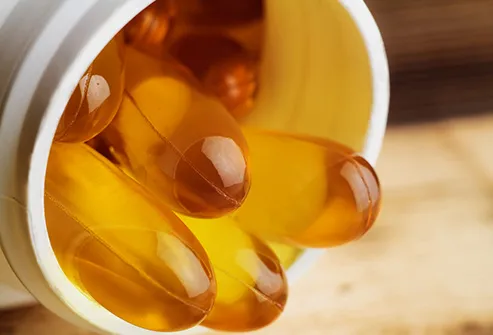
They help keep your arteries clear, put your blood pressure on an even keel, and curb your triglycerides, which are fats in your blood that can raise your heart risk. A great way to get this nutrient is to eat fatty fish like salmon or mackerel twice a week. If your doctor says you need more omega-3s, try fish oil pills, but be sure to ask about how much to take.
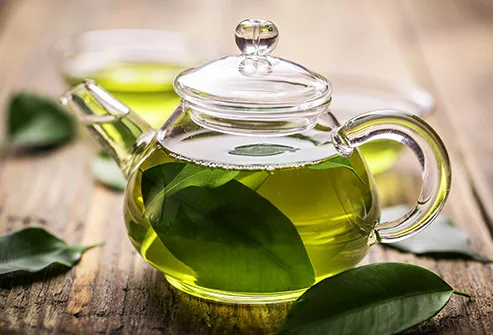
Drink up if you want to lower your risk of heart disease and stroke. Research suggests that chemicals in it called catechins may lower your cholesterol. If you're not a fan of this brew, it also comes in capsule form, but ask your doctor first.
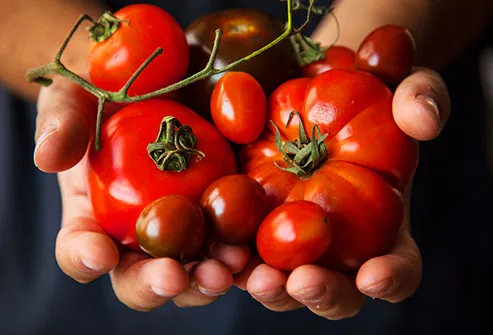
You'll get this chemical when you eat tomatoes, whether fresh or cooked in a sauce. Studies suggest it cuts your risk of heart disease, although exactly how it works isn't clear. You can buy it as a supplement, but researchers believe you're better off if you get it from foods.
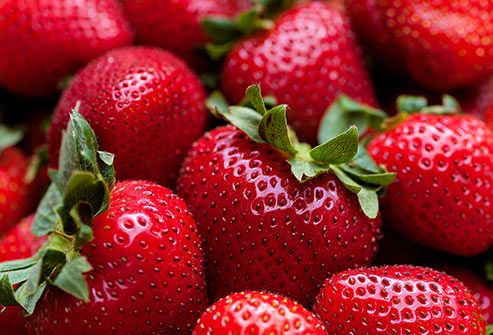
Fruits such as apples and strawberries have this type of soluble fiber, which helps lower your LDL cholesterol. Although you can also take it as a supplement, health experts say food is best.
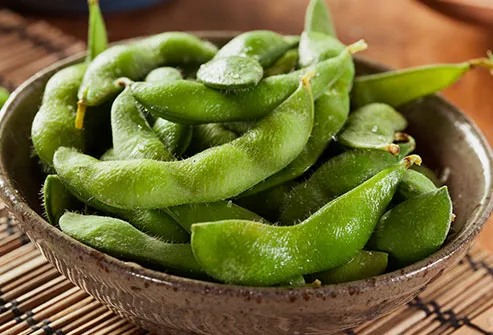
Tweak your diet and add foods made from this plant in the pea family. Some choices are edamame, soy milk, and tofu. They'll help your heart if you eat them instead of meat that's high in fat.
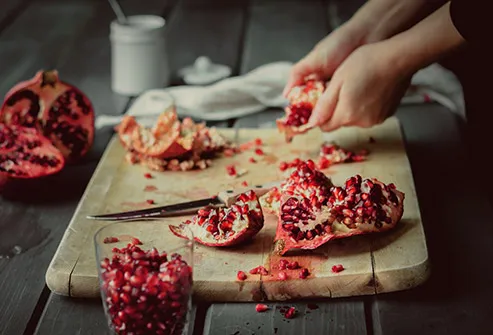
This fruit is a powerful antioxidant that can help keep your arteries clear and protect your heart. Some folks love its tart flavor, but if it's not for you and you want to take a supplement, check with your doctor. Pills don't mix well with some medicines.
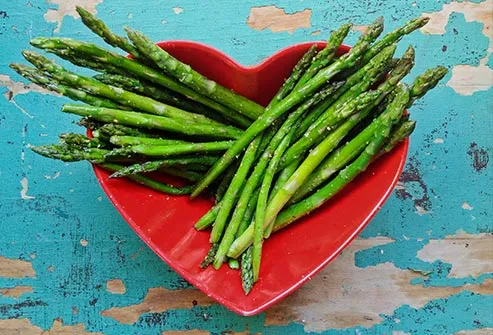
Eat foods with this nutrient and you may cut your risk of heart disease and heart attack. You've got lots to choose from. Try dark leafy greens like spinach, or eat lentils, lima beans, and asparagus. It comes as a supplement, but the American Heart Association says a diet with lots of folate-rich foods is the right way to go.